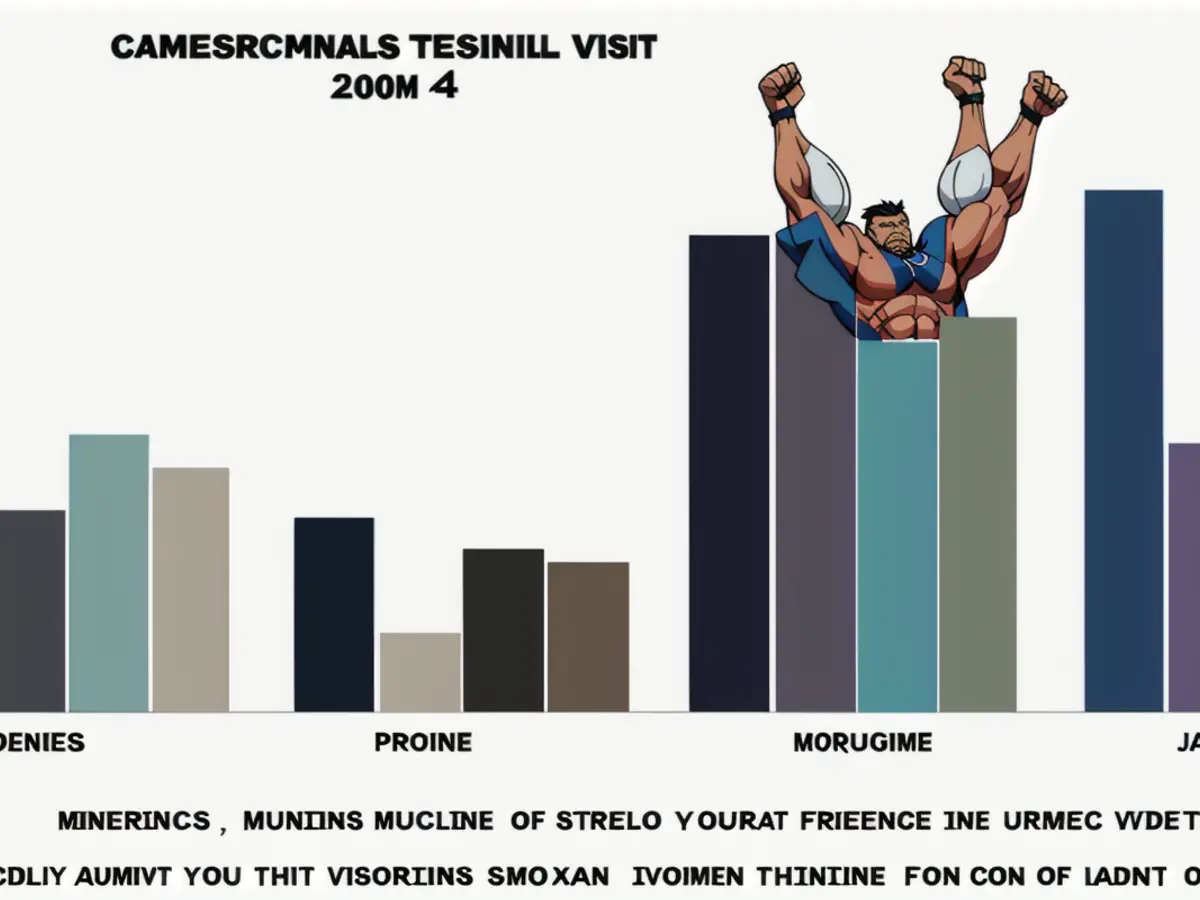Which Investment Category Performs Better Initially in a Presidential Term: Large Cap or Small Cap Stocks?
The U.S. presidency election has concluded, and investors can finally exhale, as the uncertainty surrounding the election results is now a thing of the past. This allows investors to strategize their portfolio placement with some knowledge of the incoming administration's policy and legislative priorities. Despite the future remaining unpredictable, past data indicates that a particular category of stocks usually performs well during a president's first term, irrespective of the political party in power.
Is a shift on the horizon?
Over the past few years, large-cap stocks have outperformed their small-cap and value counterparts, as investors have invested heavily in tech and artificial intelligence companies, driving their stock prices astronomically high. Let's explore the performance of large-cap, growth, small-cap, and value stocks since President Joe Biden took office, leading up to the recent election results.
As shown, growth stocks have led the way, followed closely by large-cap stocks. Value stocks and small-cap stocks have struggled to keep up. However, a study conducted by Kovitz Investment Advisory and Wealth Management and published in its investment newsletter, The Prudent Speculator, suggests that the first year of a presidential term might trigger a shift back to value stocks. The study analyzed each group's performance in presidential terms dating back to 1927.
According to the study, value stocks historically outperformed every year except the third year of a presidential term, although the most significant gain is observed in the first year. The Prudent Speculator attributes this trend to investors' enthusiasm for the president's new or fresh agenda but also acknowledges that averages don't always paint the entire picture. It is essential to remember that the past does not guarantee future success.
Interestingly, value stocks have recorded negative returns in only three presidential terms: that of Herbert Hoover, Franklin D. Roosevelt (second term), and George W. Bush (second term).
Could value stocks finally reclaim their throne?
It is a possibility. With many growth stocks trading at inflated valuations, investors might be less inclined to purchase these stocks at such high prices, especially when seeking above-average returns. Sensible investors, who are unaffected by emotional attachments, often love a stock until its valuation becomes unreasonable, at which point they move their focus elsewhere.
Rising interest rates increase the cost of variable-rate debt. Historically, high interest rates have also been a harbinger of recession.
However, a white paper published by GMO Asset Management in 2023 disputes the common belief that value stocks underperform during a recession. According to the paper, value stocks tend to perform as well, if not better, during recessions, with the exception of the COVID-19 pandemic, which was markedly different from prior recessions. The improved performance is primarily due to valuation, as investors have lower expectations for value stocks, reducing the potential for significant losses during difficult economic times.
The victory of Donald Trump in the recent election has propelled several stocks and indexes to new all-time highs, including the Russell 1000 Value ETF, as investors anticipate tax cuts and pro-growth policies benefiting the market as a whole. All types of stocks could potentially face a pullback at some point. However, the dominance of growth in recent years and historical data offer encouraging signs for value stocks.
In light of the study conducted by Kovitz Investment Advisory and Wealth Management, investors might consider shifting their focus towards value stocks, as historically, they have shown to outperform other categories in the first year of a presidential term. Moreover, the high valuations of growth stocks and the potential impact of rising interest rates could make value stocks more attractive, offering above-average returns for those seeking to invest in finance.





